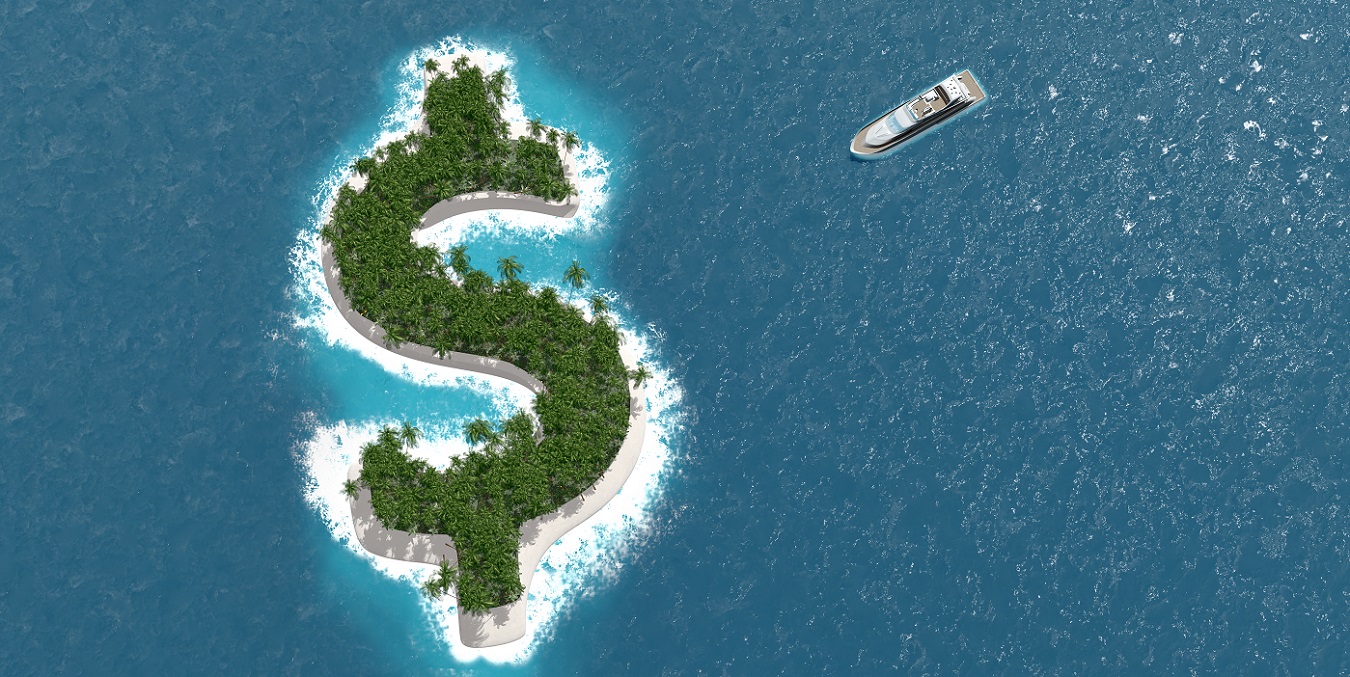What is a tax refuge (offshore)?
A country without taxation or that its tax rates are very low. This tax policy brings people and companies to operate their business in these countries and through that to save on tax expenses. These countries are usually small but accessible, whose financial infrastructure is not very high, on the other hand, they have political stability. These countries are interested to draw foreign investments in order to supply employment to their citizens and to strengthen their financial infrastructure.

The world becoming a global village, has made the use of offshore tax refuge countries legitimate, in light of the world wide spread of company managers, clients and employees. The use of these countries is growing, mainly due to the presence of high tax rates and limits of local capital markets by regulation and increased supervision.
Legally, there is no problem to establish a company, partnership or any other form of corporation and it is even considered as legitimate tax planning. But there are attempts to block and narrow the use of offshore refuge countries both of the taxation point and the criminal point so it is recommended to consult with an international taxation expert before making the decision to establish a company in a tax refuge country.
Tax refuges enable protection of private property and for this reason there are no treaties to prevent double taxation and so an exposure to double taxation is created, seeing that the attempts to block and minimize the use of tax refuge countries, is lead by countries trying to prevent avoidance of tax revenue, and mainly by industrial countries which employ sanctions such as: not allowing tax deductions, limiting money transfers, obligation to report etc, organizations like the OECD, attempt to block the use of tax refuges not for taxation purposes but to prevent crime and money laundering.
How to choose a suitable tax refuge country?
Tax refuges are spread all over the world, and therefore a tax refuge which is not accessible will make running the company harder and therefore in the first stage it is advisable to choose a country which is geographically accessible and stable from the political and security aspects, including it's regime. The tax regime in the country must be one that encourages the entrance of foreign investments even without local activity. In choosing the country one must consider the costs of fluent operation including yearly fees and that the country has local service providers or ones that operate in country such as: accountant, attorney, etc.
Tax refuge countries differ from each other in the tax rates that are taken and there is even a difference in the tax rates and tax breaks that the different legal entities or different citizens receive, and therefore one must consider the type of company they wish to establish in accordance with the internal law. One must check the legal process required in establishing a company such as appointing a representative or a local office holder, the possibility of keep the stock holders' identity secret, the possibility of using trustees etc. it is important to check whether there is a demand to file financial reports or tax reports and if there are limitations in money transfers to other countries.
In establishing the company it is important to decide which part will be managed from the tax refuge and which part will be managed from the origin country, all the while considering the marketing block of using a tax refuge country and the existence of free trade agreements or other treaties.
The definition of which is a tax refuge country is a result of the relations between the different countries.
Here are examples for tax refuges:
Isle of man, Anguilla, Andorra, Bahamas, Belize, Bermuda, Gibraltar, Guerensey, Jersey, Delaware, BVI, Luxemburg, Lichtenstein, Malta, Panama, Cook Islands, Cayman Islands, Cyprus.

